Calcium During Breastfeeding – Importance and Requirement

- Why Do Nursing Mothers Require More Calcium?
- How Much Calcium Does a Breastfeeding Mother Need?
- Importance of Calcium While Breastfeeding
- Symptoms of Calcium Deficiency in Lactating Moms
- Can You Use Calcium Supplements While Breastfeeding?
- Which Calcium Supplements Can Be Used When Breastfeeding?
- High Calcium Foods for Nursing Mothers
- Sample Calcium-Rich Diet Plan for Nursing Mothers
- FAQs
There is no denying the importance of calcium during breastfeeding. It is an essential mineral that every nursing mother should include in her daily diet to maintain optimal health. Calcium plays a vital role in ensuring the well-being of both the mother and her baby. But why exactly is it required, and how much should one consume to meet daily needs? This mineral not only strengthens bones and teeth but also supports vital functions such as muscle contractions, nerve signaling, and maintaining energy levels. Additionally, breastfeeding can deplete a mother’s calcium stores, making it even more critical to replenish them. Here is an article to answer all your questions about calcium for breastfeeding moms, its benefits, recommended dosages, and much more.
Why Do Nursing Mothers Require More Calcium?
Women are said to lose 3-5% of their bone mass while nursing their baby. This happens due to the baby’s growing requirement for calcium. This causes most of the calcium the mother consumes to go the baby’s way (through breast milk) rather than to her own bones, making them weak. During breastfeeding the oestrogen (hormone required for bone protection) in women also decreases, making the bones weaker. Therefore, the intake of calcium during breastfeeding is important and a necessity.
How Much Calcium Does a Breastfeeding Mother Need?
Calcium is important for everyone for good bone health. However, it is imperative for nursing mothers to consume 1000 milligrams of calcium every day. A vegetarian diet supplies only about 600-700 milligrams of calcium a day. Contrary to popular notion, however, a vegetarian diet (which is often rich in paneer, yoghurt, milk and milk products) is often more likely to supply you with adequate calcium than a non-vegetarian diet. The reason is that meat (which contains phosphorus) does not allow the body to absorb calcium well; so a diet consisting of a heavy amount of animal protein may not be able to meet your daily calcium intake.
Importance of Calcium While Breastfeeding
Calcium is important for good bones and teeth since about 99% of total calcium in our body is in our bones and teeth. Deficiency of this mineral in the body causes osteoporosis, and the calcium levels during nursing have to be adequate in order to avoid it.
1. Improves Bone Health
While breastfeeding, calcium deficiency is quite possible since the baby’s requirement for calcium increases as it grows. This requirement is fulfilled by drawing calcium from the mother through the mother’s milk. Therefore, nursing mothers should take an adequate amount of calcium to make up for the loss of calcium in their bodies.
2. Improves Oral Health
It is important for nursing mothers to take calcium since a lack of it may take a toll on the dental and oral health of breastfeeding mothers. Deficiency of the mineral in nursing mothers may cause periodontal diseases, which can further destroy the gums, alveolar bone, and outer layer of the tooth root.
Symptoms of Calcium Deficiency in Lactating Moms
A deficiency in calcium during the breastfeeding period can lead to several noticeable symptoms that may affect a mother’s well-being. Recognising these symptoms early can help in addressing the issue promptly.
- Muscle Cramps (Calcium is essential for proper muscle contraction and relaxation).
- Oral Health Issues (Insufficient calcium can weaken teeth and cause mineral loss).
- Irregular Heartbeat (A calcium deficiency may lead to abnormal heart rhythms).
Can You Use Calcium Supplements While Breastfeeding?
Calcium supplements for nursing mothers should be taken only after consulting a doctor. If the doctor feels that your diet does not have much of calcium and that you need a supplement to make your body receive an adequate amount of calcium, you may take a specific one as advised and prescribed by the doctor. But it can cause allergic reactions and other health conditions when taken in excess.
Which Calcium Supplements Can Be Used When Breastfeeding?
Calcium supplements for breastfeeding mothers help in improving bone health as well as the oral health of women who are not getting enough of the mineral through their daily diet. Listed below are some calcium supplements that nursing mothers can take.
- The supplement should have magnesium to help the body absorb calcium better. The magnesium content should be half of the calcium content.
- Mothers who are unable to take milk or any dairy product while breastfeeding should take a calcium supplement having zinc in it since dairy products are a rich source of zinc along with calcium
- However, the best calcium tablets for breastfeeding mothers can take are the ones which contain zinc and magnesium along with calcium. This will take care of all the deficiencies while breastfeeding.
High Calcium Foods for Nursing Mothers
Nursing mothers should have an adequate amount of calcium-rich food on a daily basis to keep themselves away from loss of bone mass and teeth decay. Here is a list of food products which are rich in calcium for lactating mothers.
- Dairy products are said to be the biggest source of calcium. It is found in everyday dairy products like milk, ghee, butter, buttermilk, all kinds of cheese including cottage cheese. However, it is best for nursing mothers with colicky babies to stay away from all types of dairy products since it causes a lot of gas, bloating and stomach aches in babies.
- Fruits such as tangerines, oranges, kiwis, figs, dates, prunes, mulberries etc.
- Dark green and leafy vegetables like broccoli, all types of spinach, turnip, bok choy, parsley, nettles etc.
- Soy milk, soybeans, and tofu
- Chickpeas and rajma (pinto beans and navy beans)
- Sesame seeds, sunflower seeds, flax seeds, almonds, cashew nuts, walnuts, and hazelnuts
- Grains like quinoa, ragi (finger millet), bajra (pearl millet)
- Urad dal, green moong, masoor dal, Bengal gram, horse gram, etc.
- Fish like salmon, mackerel, sardines, and shrimps
- Oats and cornflakes
Sample Calcium-Rich Diet Plan for Nursing Mothers
The calcium-rich diet plan mentioned below is best suited for Indian nursing mothers.
- 6:00 AM (Early morning): A glass of milk with 4-5 almonds soaked in water overnight, skin peeled off OR 1 gondh ladoo OR a small bowl of panjir (best taken during winter)
- 8:00 AM (Breakfast): a bowl of light and non-spicy poha OR channa sundal or salad, a cup of milk
- 10:00 AM (Mid-morning): Porridge made of dalia or ragi with milk and dry fruits or a bowl of fruit salad mixed in yoghurt. On some days, you can also take a glass of fresh fruit, sweet lime/orange juice or a glass of lassi
- 12:30 PM (Lunch): a small bowl of boiled rice, a spinach curry, a paneer dish for vegetarians or chicken/fish curry for non-vegetarians, a small bowl of dal, one/two bajra roti
- 3:00 PM (Afternoon snack): lauki (bottle gourd) kheer or a handful of dry fruits like dates, walnuts, cashew nuts, hazelnuts and a cup of green tea with two biscuits (optional)
- 6:00 PM (Evening): vegetable soup or chicken/fish soup
- 8:00 PM (Dinner): a small bowl of dal, two bajra/whole wheat rotis and vegetable curry
- 10:00 PM (Before bed): 1 cup of milk and 3-4 dates
FAQs
1. Do lactating mothers need calcium supplements even with a balanced diet?
If a mother’s diet is rich in calcium-rich foods like dairy, leafy greens, and fortified products, supplementation might not be necessary. However, for mothers with dietary restrictions or higher calcium needs, supplements may be recommended after consulting a healthcare provider.
2. Does caffeine consumption affect calcium absorption during breastfeeding?
Yes, excessive caffeine can interfere with calcium absorption and increase calcium excretion, potentially impacting the mother’s bone health over time.
This was all about breastfeeding and calcium. A calcium-deficient diet can cause bone disorders and tooth decay to the nursing mother as well as the baby. Therefore, it is imperative for breastfeeding mothers to include calcium-rich food in their daily diet. Many everyday ingredients and foods contain calcium in it, so make sure to eat them every day and keep your calcium levels up.
References/Resources:
1. Importance of Calcium in the Diet of Breastfeeding Mothers; International Foundation for Mother & Child; https://www.ifmch.com/importance-of-calcium-in-the-diet-of-breastfeeding-mothers/
2. Nutrition Tips for Breastfeeding Mothers; UCSF Health; https://www.ucsfhealth.org/education/nutrition-tips-for-breastfeeding-mothers
3. How a Healthy Diet Helps You Breastfeed; American Academy of Pediatrics; https://www.healthychildren.org/English/ages-stages/baby/breastfeeding/Pages/How-a-Healthy-Diet-Helps-You-Breastfeed.aspx
4. Pregnant or Breastfeeding? Nutrients You Need; Nemours KidsHealth; https://kidshealth.org/en/parents/moms-nutrients.html
5. Kalkwarf. H, Specker,. B, Bianchi. D, Ranz. J, Ho. M; The Effect of Calcium Supplementation on Bone Density during Lactation and after Weaning; The New England Journal of Medicine; https://www.nejm.org/doi/full/10.1056/NEJM199708213370803; August 1997
6. Rios-Leyvraz. M, Yao. Q; Calcium, zinc, and vitamin D in breast milk: a systematic review and meta-analysis (International Breastfeeding Journal); BMC; https://internationalbreastfeedingjournal.biomedcentral.com/articles/10.1186/s13006-023-00564-2; June 2023
7. Breastfeeding and your diet; Better Health Channel; https://www.betterhealth.vic.gov.au/health/healthyliving/breastfeeding-and-your-diet
Eating Fruits while Breastfeeding
Postnatal Vitamins for Breastfeeding Moms
Can You Take Vitamin C While Breastfeeding?
Breastfeeding Supplements to Increase Milk Supply
Was This Article Helpful?
Parenting is a huge responsibility, for you as a caregiver, but also for us as a parenting content platform. We understand that and take our responsibility of creating credible content seriously. FirstCry Parenting articles are written and published only after extensive research using factually sound references to deliver quality content that is accurate, validated by experts, and completely reliable. To understand how we go about creating content that is credible, read our editorial policy here.








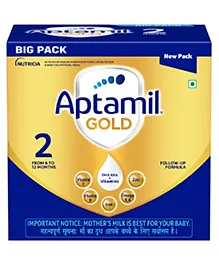

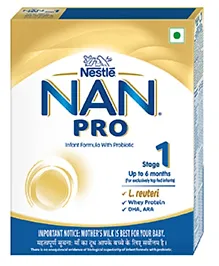
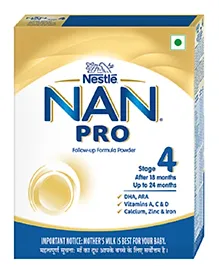
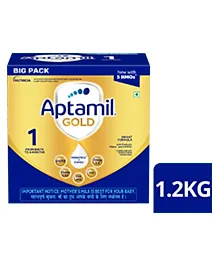
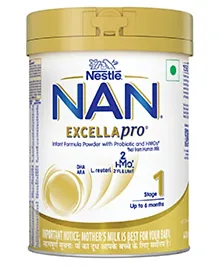
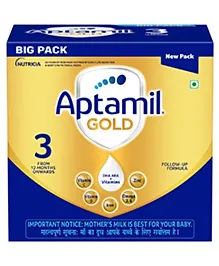
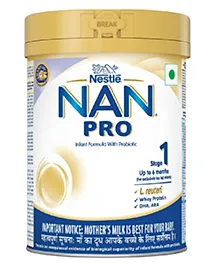

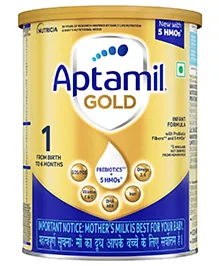


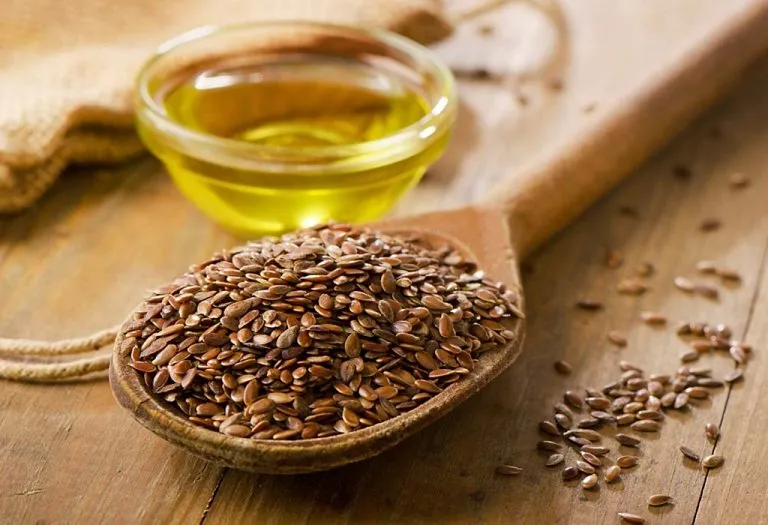


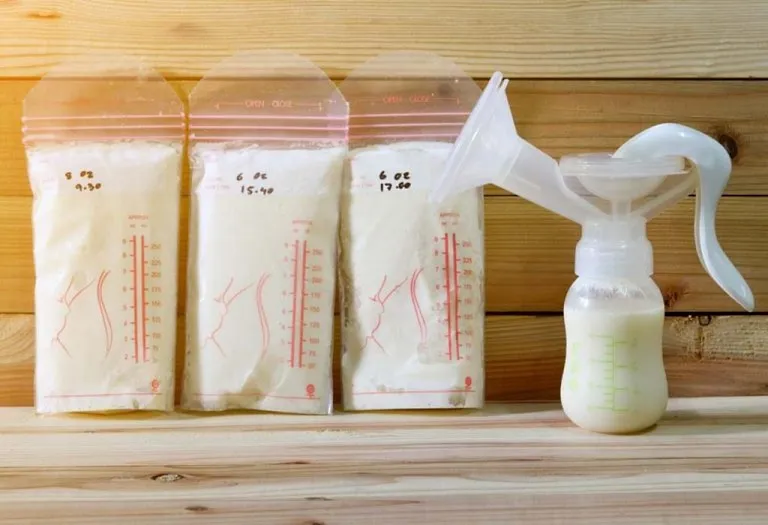

.svg)


















